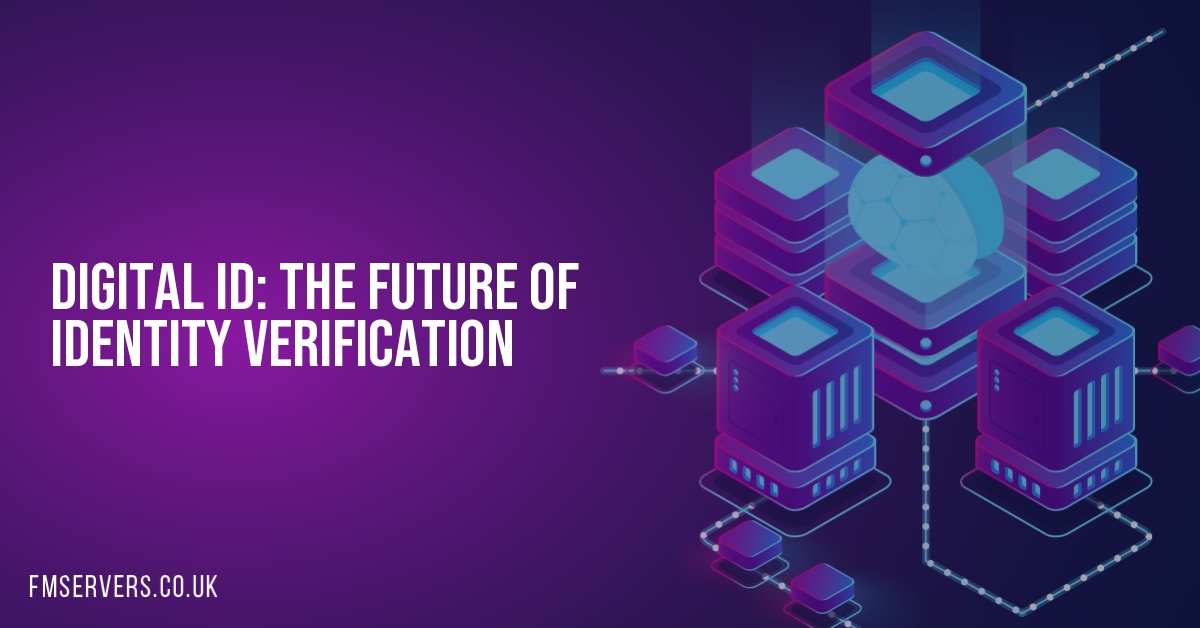In the real world, it is easy to prove your identity. For verification, all we need are your physical documents. The process is quite complicated in the digital world.
The world has turned digital; almost 70% of daily activities are done online. Biometric passports are one of the digital identity products.
If you want to access government services or any other service in the United Kingdom, an ID or passport will be required. So when doing business or completing a transaction online, these companies will have to check your personal details even though you are not physically present.
To verify identities, companies must develop digital identity systems that ensure the identity provided on the online platform matches your actual identity. Below is a review of identity verification’s future.
What Is A Digital Identity?
Digital identity is a process of acquiring data from individuals online. As soon as the collection of digital identities is complete, the next step is to group the data in order to create a representation of an individual.
Businesses need information in identifying their clients. Online transactions have created fraud opportunities. Digital IDs have become more critical, and the same applies to digital identity verification.
There are several ways to conduct identity checks online:
- Document verification
- Identity verification
- Biometric verification
Immediately after the user passes the identity check, they gain full access to online services such as banking, travel, investing, and gaming. You can identify yourself online through several types of digital identity information, like biometric scans and uploading an original ID or passport.
Digital Identification In The Finance Sector
In the modern world, where individuals want instant access, physical banking won’t change. Digital wallets have been an alternative to financial services.
Banking services online are not easy, as many challenges await. Fighting online fraud, protecting user privacy, and reducing friction in the entire client experience are challenges the financial sector will face when embracing digitization. The banking industry will struggle to develop a digital economy in an environment full of obstacles.
Hackers can easily obtain valuable personal data via the dark web and use it to create fake accounts. Whenever the financial sector digitizes, it needs to earn the trust of its consumers. Digital rights include protecting privacy.
Once a client learns that you cannot protect their data, they will leave your company and search for one they trust. As time passes, finance services will be available online, and we will say goodbye to traditional banking systems. Digitization will increase the economic value of countries and states that embrace it.
What Is The Opportunity Of Digital Identity?
Creation of a trust framework
At the moment, digital identity-checking techniques are fragmented. Organizations have guidelines on how clients get their data and authenticate networks.
A disparity such as this can lead to credentials being rejected by another company, especially when you move abroad. Developing a trust framework between the companies involved eases the process since credentials will be verified instantly despite cross-border limitations.
Financial and social inclusivity
DBS application is a crucial tool for verifying clients. If a client fails to provide the documents, DBS checks to research clients’ criminal records.
Identity creates inclusion in financial and other public services. By involving banks, there will be frictionless interactions with public and private organizations due to digital identity.
Individuals can access financial tools equally, allowing them to participate in public sector development or pursue education.
A clear understanding of individuals
It is not easy to study people. We are always complicated. Our needs, wants, attitudes, and interests tend to change daily. Due to this, most commercial businesses spend a lot of resources on the current market.
We strive to produce products tailored to the right demographic by staying connected. A business will benefit from increased individualized adverts and more seamless omnichannel marketing with a digital identity resembling clients’ real-life IDs.

